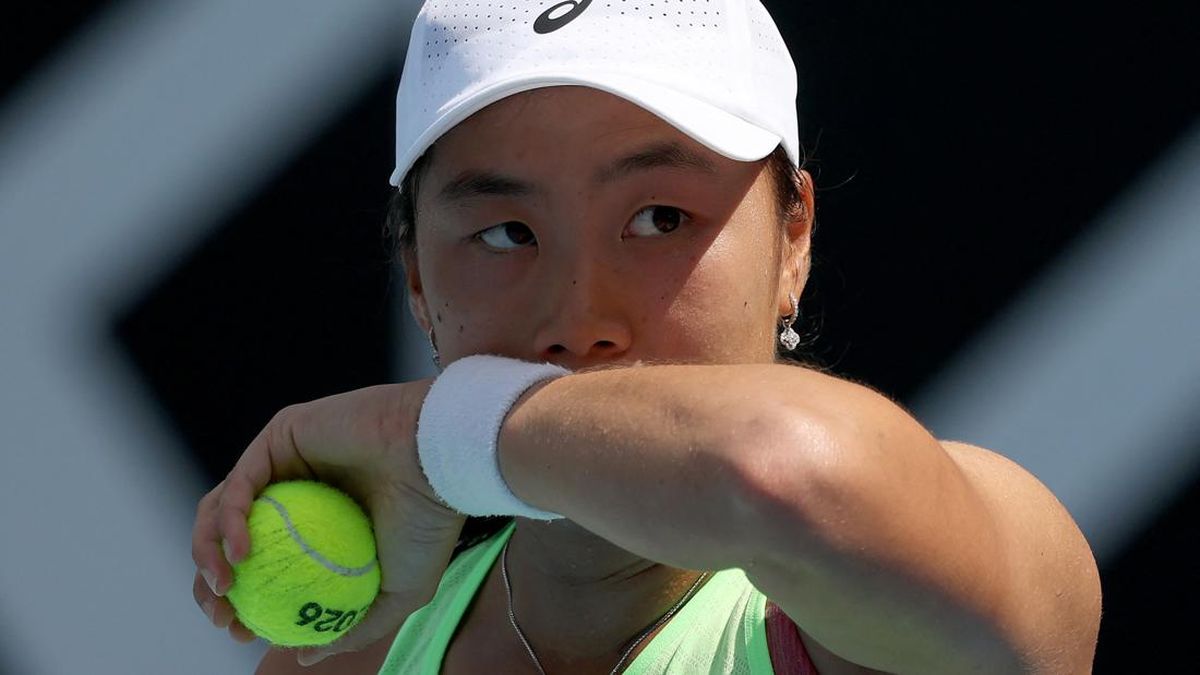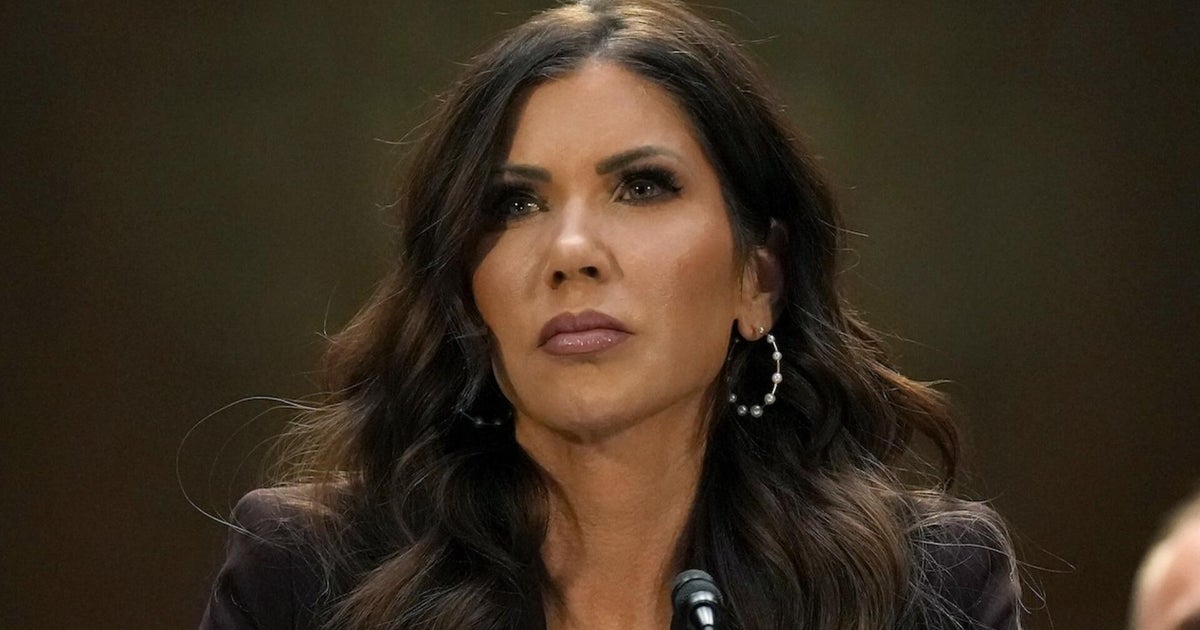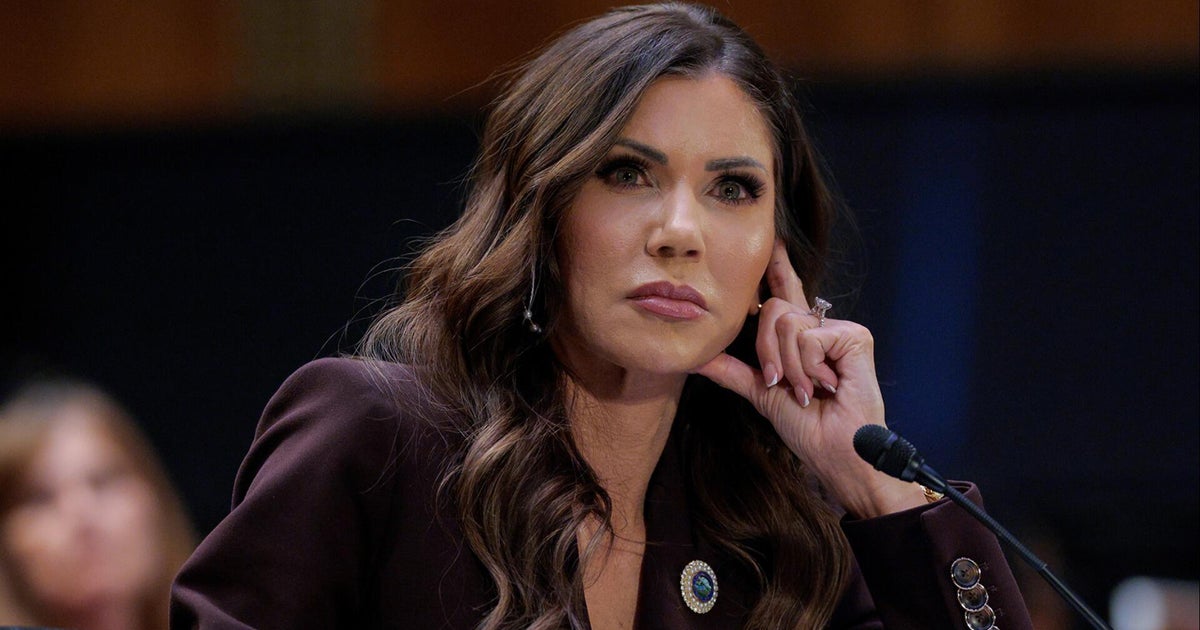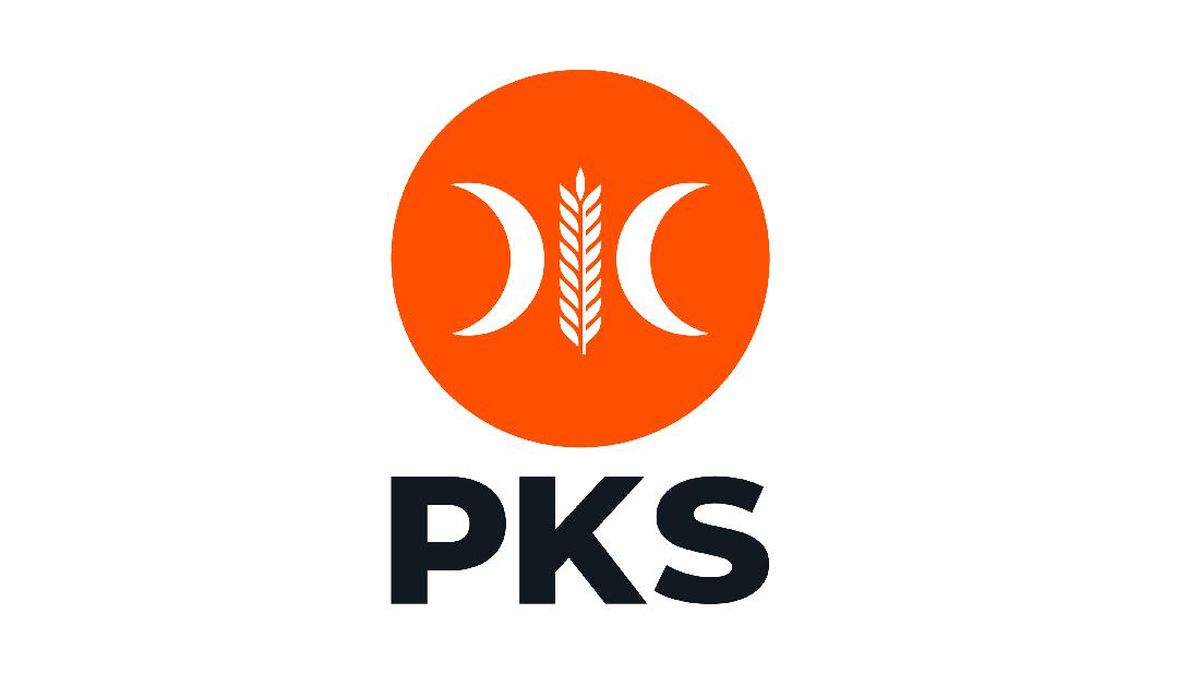Sky Sports’ female-focused channel was condescending rubbish. Women deserve better
Opinion
November 17, 2025 — 11.55am
November 17, 2025 — 11.55am
We think women like sport ... but only if the coverage is dumbed down and has hot pink subtitles.
That appears to be the thinking behind Sky Sports’ short-lived female-focused brand Halo – which was axed three days after it launched online following fierce backlash for content that viewers deemed “patronising and disappointing”.
Last Friday, the global broadcasting giant launched Halo – a new TikTok channel dubbed “the lil sis” of Sky Sports and “created specifically for female sports fans”.
“We’re about all sports and championing female athletes,” the broadcaster said in a now deleted post. “We’re here for the culture, community and connection. We don’t just watch sports – we live it.”
The idea was good. The execution, not so much.
Halo’s content featured pink subtitles, love hearts, memes and pop culture references to matcha lattes, labubus and Barbie dolls.
Some clips focused on the “bromance” between male tennis players Jannik Sinner and Carlos Alcaraz, while another clip featured Manchester City men’s players with the caption “How the matcha + hot girl walk combo hits”.
There’s nothing wrong with pink (one of my favourite colours) or matcha lattes (expensive yet delicious). There’s also nothing wrong with creating more female-focused sports content that amplifies incredible and often underrepresented female athletes.
I welcome any attempt to make safe spaces for women to interact with sports. We need more of them.
But of the first 11 videos posted by the “female-focused platform”, five were about male athletes. However, the account did livestream the Vitality Netball International Series over the weekend.
The backlash online was instant and scathing, with many viewers criticising Halo’s content as “sexist, degrading and patronising”.
Women’s football social media platform GirlsOnTheBall posted on X, saying “can’t imagine this is what women sports fans want” while soccer commentator Jamie Martin also criticised the concept, calling it “disgraceful”.
“I just don’t think you need to make a separate channel for female football fans, and essentially ‘dumb things down’ to memes etc … just condescending,” he posted on X.
Sky Sports originally stood by the social media page, but the broadcaster turned off comments and started deleting the most controversial videos on Saturday. By Sunday (AEDT), it had announced it would cease activity on the social page and conceded the concept was misjudged.
“Our intention for Halo was to create a space alongside our existing channel for new, young, female fans,” Sky said in a statement viewed by more than a million people on TikTok.
“We’ve listened. We didn’t get it right. As a result, we’re stopping all activity on this account. We’re learning and remain as committed as ever to creating spaces where fans feel included and inspired.”
If media organisations truly want to empower women in sport, they need to produce content that is free of gimmicks and sexist stereotypes.
Loading
Let’s take Formula 1 as an example. Women are a huge part of the motorsport fan base; 16 to 24-year-old females are the sport’s fastest-growing age sector.
Yet instead of posting about the current competitive three-way championship battle or highlighting the all-female F1 Academy receiving a new brand deal, Halo chose to post a clip of Ferrari driver Charles Leclerc talking about his engagement to his fiancee.
Women don’t need diluted or oversimplified sports coverage with pastel-soaked subtitles. We don’t need demeaning or infantilising content that assumes we don’t know or understand sports terminology.
We deserve nuanced, comprehensive and in-depth sport stories. The same content male sports fans get.
Most Viewed in Sport
Loading


















































